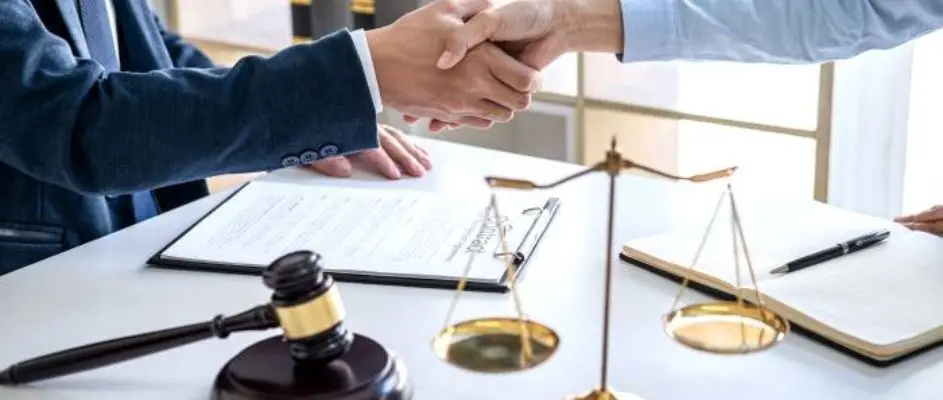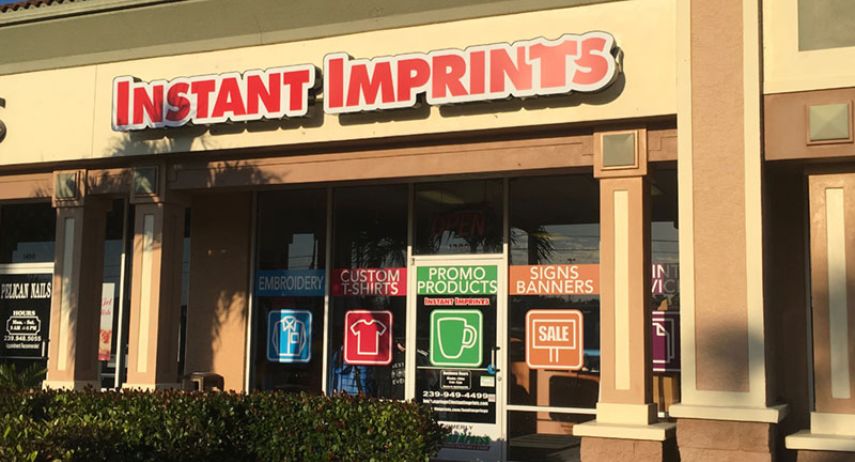Should You Hire a Franchise Lawyer? A Complete Guide for ...

Franchising is an exciting business opportunity, but it comes with legal complexities that can make or break your investment. One of the most common questions prospective franchise owners ask is: “Should you hire a franchise lawyer?” This guide will explore why hiring a franchise lawyer can be crucial and how it can protect your interests throughout the franchise journey.
What Does a Franchise Lawyer Do?
A franchise lawyer specializes in franchise law, which covers the legal framework of franchising, including contracts, agreements, and regulatory compliance. Their role is critical because they:
-
Review Franchise Agreements: Franchise agreements are often lengthy and full of legal jargon. A franchise lawyer ensures you understand every clause, including fees, territorial rights, and renewal terms.
-
Negotiate Terms: Some terms in the franchise contract can be negotiated, such as royalty percentages, advertising contributions, and non-compete clauses.
-
Ensure Regulatory Compliance: Franchise operations are subject to federal and state laws, including the Federal Trade Commission (FTC) Franchise Rule in the U.S. A franchise lawyer ensures your agreement complies with these regulations.
-
Mitigate Risks: They help identify potential legal risks before signing, including hidden fees, litigation history of the franchisor, or unfair contractual terms.
Top Reasons to Hire a Franchise Lawyer Before Signing
1. Understanding Complex Franchise Agreements
Franchise agreements often run 50–100 pages or more. Without legal expertise, you might overlook critical terms that could cost you thousands. Hiring a lawyer ensures you fully understand your obligations and rights.
2. Protecting Your Investment
Investing in a franchise is a significant financial commitment. A franchise lawyer can safeguard your investment by reviewing financial obligations, termination clauses, and franchisee support commitments.
3. Negotiating Favorable Terms
Not all franchise agreements are set in stone. Lawyers can negotiate adjustments to ensure you’re not at a disadvantage. This can include modifying royalty fees, marketing fund contributions, or exclusivity rights.
4. Avoiding Legal Disputes
Many franchise disputes arise from misunderstandings or ambiguous contract terms. A lawyer reduces the risk of costly legal battles by clarifying rights and responsibilities upfront.
5. Guidance on Franchise Disclosure Documents (FDD)
A Franchise Disclosure Document (FDD) is a legal document that provides vital information about the franchise. Lawyers can analyze it for hidden risks, litigation history, and financial performance claims to help you make an informed decision.
When Hiring a Franchise Lawyer is Essential
-
First-Time Franchise Owners: Legal expertise is especially important for those new to franchising.
-
High-Investment Franchises: For franchises with a large upfront investment, the stakes are higher, making professional legal review crucial.
-
Complex or Multi-Unit Agreements: If you’re considering multiple units, a lawyer can help structure deals favorably.
-
International Franchises: Cross-border franchising introduces extra regulatory layers, requiring specialized legal knowledge.
How to Choose the Right Franchise Lawyer
-
Experience in Franchise Law: Look for lawyers who specialize in franchising, not general business law.
-
Track Record: Check client reviews, case studies, or litigation experience.
-
Transparent Fees: Understand their billing model—hourly or flat-fee—and ensure it fits your budget.
-
Proactive Communication: A good lawyer explains complex terms in simple language and keeps you informed.
Conclusion: Is Hiring a Franchise Lawyer Worth It?
The short answer: Yes. Hiring a franchise lawyer is an investment in peace of mind and legal protection. While it may seem like an extra cost upfront, the long-term benefits of avoiding disputes, protecting your investment, and negotiating favorable terms far outweigh the fees.
For prospective franchise owners looking to navigate the complex world of franchise agreements and legal obligations, a franchise lawyer is not just optional—it’s essential.





